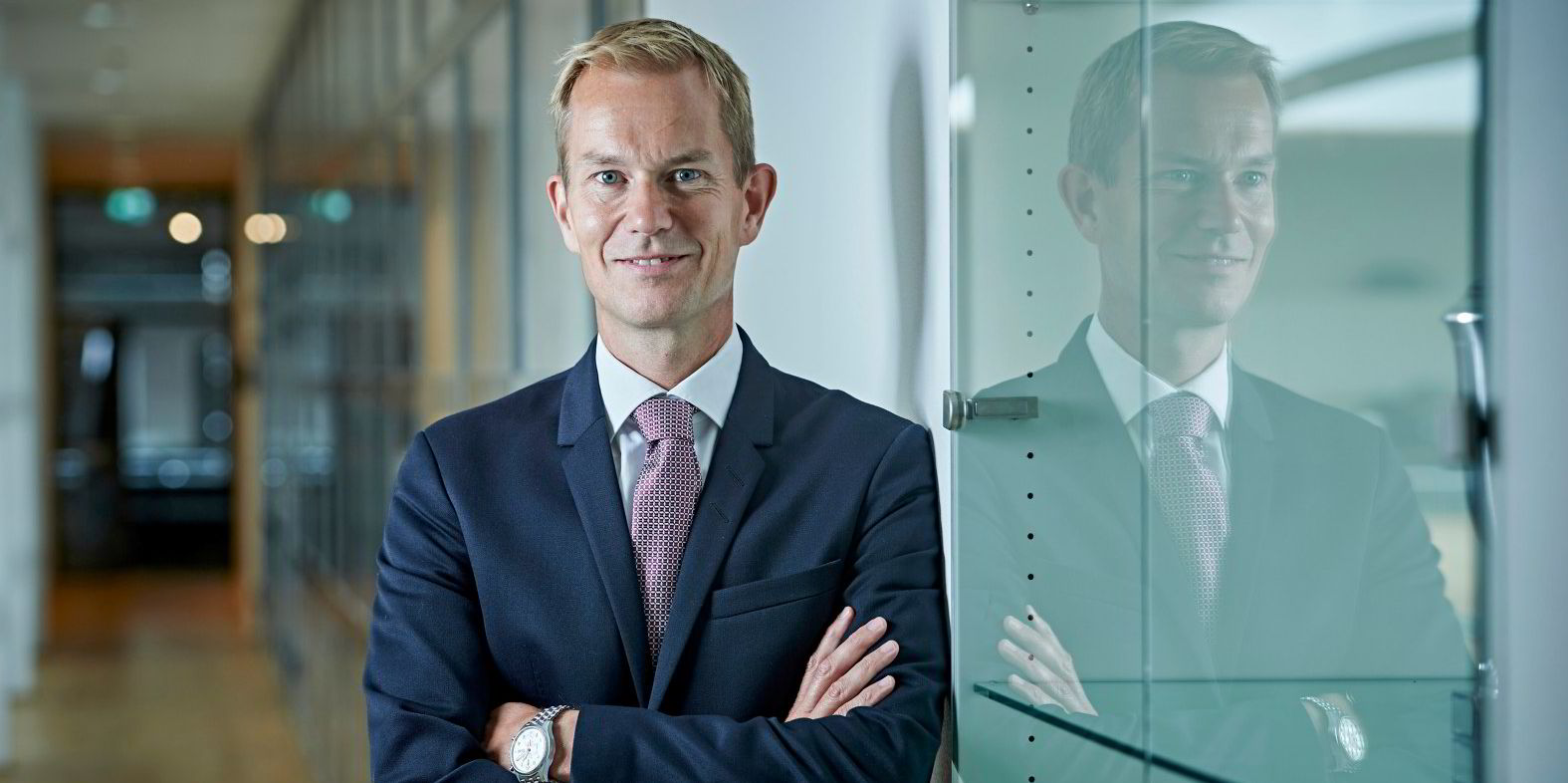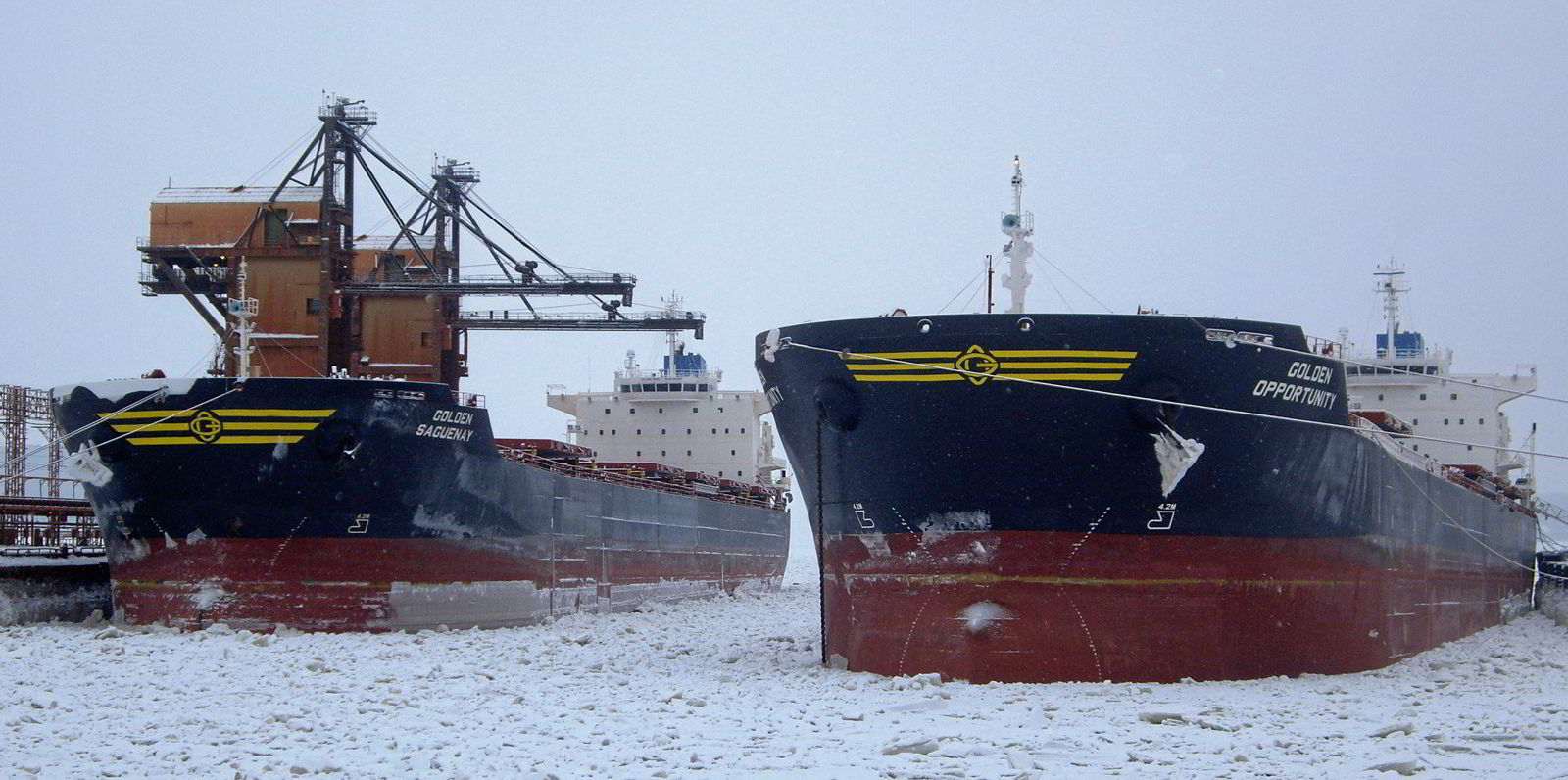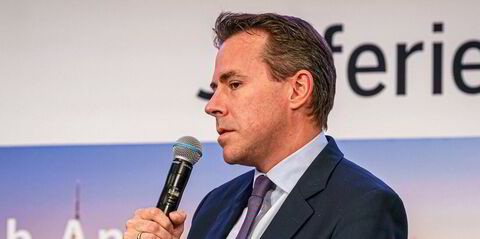Investors were told this week to steer clear of those shipowners who do not disclose their CO2 footprint as a first step towards decarbonisation.
The “green” message came from former Lauritzen chief executive Mads Peter Zacho, now working at the Maersk Mc-Kinney Moller Center for Zero Carbon Shipping.
He said a few shipowners were powering ahead on the climate agenda but others were opposed to doing anything while others dithered.
It was time for investors to put a “red flag” up against those vessel operators that had not embraced the necessity of action, he argued.
Zacho is right but it is also fair to blame the global regulator, the International Maritime Organization, for shipowner hesitancy.
The IMO has failed to provide the leadership needed to build confidence in the industry.
That is why the European Union for one has just given up waiting and moved forward with its emissions trading scheme plan for shipping.
Are we finally reaching a stage when the IMO is declared unfit for purpose? I think we are. And I don’t blame secretary general Kitack Lim for that.
The IMO’s internal structures and workings are riddled with contradictions — not least the number of vested industry interests allowed to participate in the decision-making process.
This is meant to produce “realistic and workable” solutions that the shipping industry can implement without impossible financial demands.
And it’s not just industry. There are some big member states who continue to throw grit in the machine and who behind the scenes are frustrating progress, putting their own economic development before climate action.
Lim is in this respect a slightly helpless cog in a big and quite ruthless machine that leaves the IMO mired in delay and obfuscation. Inertia has been almost institutionalised at the IMO — it has been working so slowly for so long.
Snail-speed action is entirely inappropriate for the scale of the problem facing us and let’s spell it out: there is no pain-free way of decarbonising. But we do have to do it — fast.
The United Nations itself seems to be coming to the same conclusion that its own offspring, the IMO, cannot do its job.
Dire warning
Last week, the UN’s Intergovernmental Panel on Climate Change (IPCC) gave its direst warning yet about the failures of meeting the wider challenge.
Jim Skea, a professor at Imperial College London and co-chair of the working group behind the latest and final report, said: “It’s now or never if we want to limit global warming to 1.5C. Without immediate and deep emissions reductions across all sectors, it will be impossible.”
And the report itself, drawing upon the work of thousands of scientists, appeared to contain its own warning to the IMO with encouragement for individual governments to go it alone and introduce their own greening regulations.
“Improvements to national and international governance structures would further enable the decarbonisation of shipping and aviation,” it argues.
“Such improvements could include, for example, the implementation of stricter efficiency and carbon intensity standards for the sectors.”
And to highlight the dissonance between the IPCC and the IMO came the latter’s side-stepping of a tough decision on the worst kind of “black carbon” being emitted by vessels in the ground zero for climate breakdown: the Arctic.
Just after the IPCC report, the IMO’s Sub-Committee on Pollution Prevention and Response introduced “goal-based guidance” on black carbon rather than anything close to an outright ban on the use of heavy fuel oil in the far north.
This led to withering criticism from non-governmental organisations expecting more.
‘Out of step’
“For too long, the IMO has been out of step with other UN agencies on climate change and is in effect acting as a rogue element within the UN system … The IMO must face up to its responsibilities, putting its priorities in line with the UN on climate change, and use the collective political power and technological know-how of the shipping industry to … drastically limit shipping’s contribution to the global climate crisis,” said Dr Sian Prior, lead advisor to the Clean Arctic Alliance.
She pointed out that over the past five years black carbon emissions in the Arctic have more than doubled. Discussions on the subject have been going on for more than a decade.
To mix metaphors with regard to the IMO, it seems like the “rogue elephant” is drinking in the last chance saloon. I personally do not see how this large beast will reform itself but equally a national regulatory free-for-all is not something to welcome.





